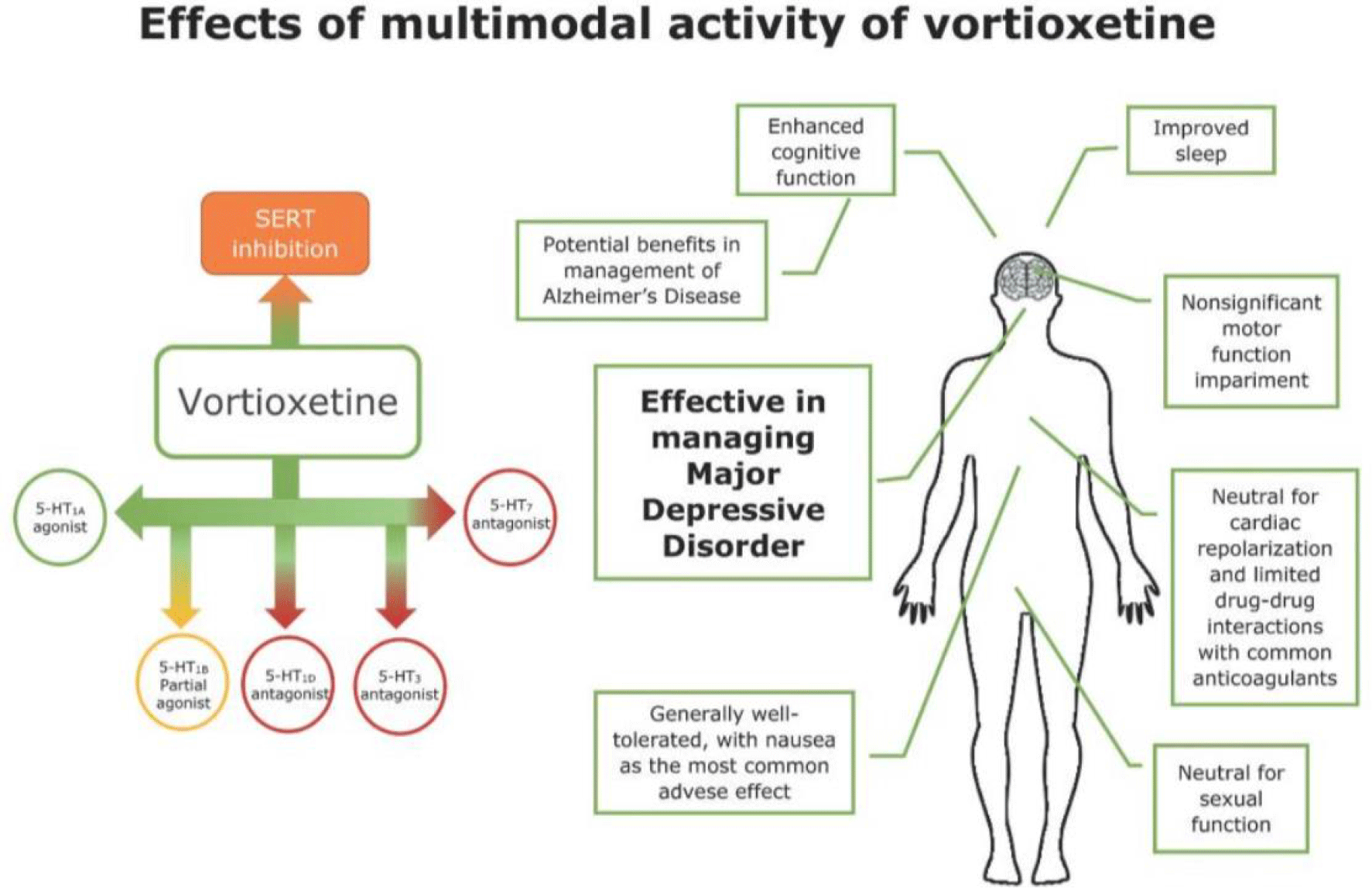No CrossRef data available.
Article contents
P149: Chronic fatigue syndrome and its response to the use of a multimodal antidepressant
Published online by Cambridge University Press: 02 February 2024
Abstract
We present a case that shows a very favourable response of the antidepressant vortioxetine in the functional and cognitive recovery in a patient with Chronic Fatigue Syndrome and its role as a pain modulator.
This is an observational study using a clinical case. An 80-year-old female patient admitted to the Postacute care unit for recovering her functional baseline following surgical intervention for a hip fracture. On admission, the main symptom was residual pain at the level of the operated lower limb, as well as allodynia and a tingling sensation, which did not subside with conventional analgesia. During admission she also presented, insomnia, daytime hypersomnolence, bradypsychia, and emotional instability in the form of easy crying. It is worth mentioning that prior to admission the patient presented with multiple nonspecific somatic complaints, such as fatigue, headache, myalgia, and arthralgia, adding over time, great difficulty in planning and performing household tasks. The functional progress of the patient during admission was very slow, mainly due to the combination of lack of engagement, together with episodes of irritability, restlessness and suffering from fear of falling syndrome. Given the suspicion of previously undiagnosed Chronic Fatigue Syndrome, exacerbated by the decline in her functional baseline after surgery, treatment was started with vortioxetine in addition to non-pharmacological measures and psychotherapy, obtaining excellent results in approximately 4 weeks.
Great effectiveness of vortioxetine in the treatment of Chronic Fatigue Syndrome and in the control of concomitant pain (despite that indication is not included in the molecule's data sheet). The patient followed a very favourable evolution achieving, on discharge, an ad integrum recovery of her functional state.
As presented in this case, treatment with multimodal antidepressant treatment (vortioxetine) could have positive impact for patients with Chronic Fatigue Syndrome, achieving improvements in the affective-cognitive aspect and controlling the pain related to this syndrome, avoiding polypharmacy.

- Type
- Posters
- Information
- Copyright
- © International Psychogeriatric Association 2024




